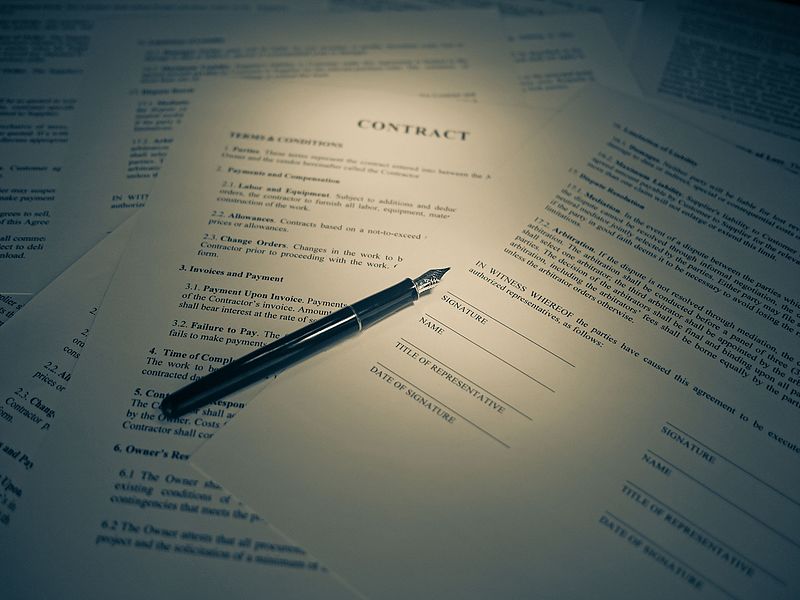The COVID- 19 pandemic has dramatically changed the rhythm of our daily lives. It has also placed a looming question mark over our future plans—especially for American individuals, families and businesses who signed contracts before the pandemic reached our shores.
For example, did your non-profit organization book a suite of hotel rooms in anticipation of an upcoming conference? Did your family rent out a place overseas for a planned vacation? Did your company purchase flights for business travel before the pandemic broke out?
If so, you’re not alone. In recent weeks, phone lines have been jammed with nervous inquiries about refunds for cancellations of pre-booked vacations, business trips, conferences and celebration halls.
In these circumstances, a useful legal phrase to understand is force majeure, a French word that translates as “superior force.” You will find this phrase in legal agreements the world over and its application varies based on the jurisdiction in which the legal principle will be applied and the facts of each case.
Force majeure operates to allow non-performance of a duty if the circumstances are so extraordinary that the performance of that duty would be literally impossible. In other words, the legal principle can free you from a contract when an unexpected and unsolvable problem prevents you from fulfilling it.
Contractual agreements with force majeure clauses will list what constitutes an extraordinary event. If “pandemic” is expressly included, that’s a good start. However, the mere mention of pandemic doesn’t end the story. Something else must also be present for the nonperformance to be excused –that is the impossibility, literally, of the performance!
The circumstance must be so extraordinary that the intervening event was unforeseeable when the parties entered into the agreement. Plus, it must be true that there is nothing the parties could have done to render performance—or in other words, to mitigate. If performance is simply impractical or unaffordable, that’s not enough to reach the high bar of force majeure.
What if the agreement doesn’t have a force majeure clause?
Very rarely, courts may still intercede to determine that the changed circumstance is so extraordinary, so unforeseeable, and so beyond the ability of either party to take action, that it would make performance impossible.
As the work to flatten the curve of COVID-19 continues, more extreme measures have been put in place by government officials to keep individuals off the streets and into their homes in a preventative health practice known as “social isolation.”
In some states, it is already illegal to leave one’s home except for a necessary purpose or to get fresh air, provided appropriate distance is maintained between members of different households. As the saying goes, “extreme times call for extreme measures.”
While no one can guarantee the outcome of legal disputes related to COVID-19, courts will likely acknowledge that this global pandemic is extraordinary, unforeseeable and outside the control of any party to mitigate. In such case, force majeure would apply to agreements requiring performance after officials declared the pandemic, and before restrictions lifted to end the policy of social isolation.
Our understanding of force majeure is also an opportunity to be reminded that nothing happens but by the will of Allah (SWT). We plan, but Allah is the Best of Planners. [8:30].
Danette Zhagari-Mask is a non-profit and compliance attorney with the national office of the Council on American-Islamic Relations. Email her at [email protected]




